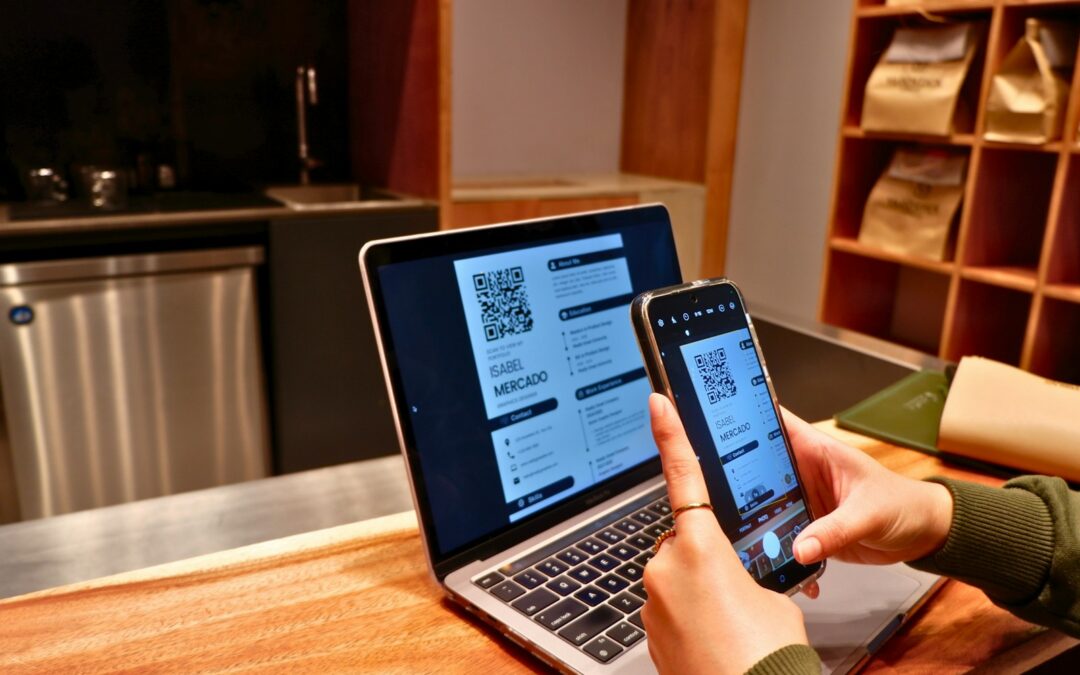Leveraging Technology for Streamlined Conflict Management
The Role of Online Dispute Resolution in Modern Business
Online Dispute Resolution (ODR) has revolutionized the way conflicts are managed in the business world, offering a more efficient and streamlined approach to dispute resolution. By automating administrative tasks such as scheduling and document management, ODR significantly enhances the efficiency of the resolution process. This capability is particularly beneficial in fast-paced environments like Saudi Arabia and the UAE, where timely conflict resolution is critical for maintaining business continuity.
In cities such as Riyadh and Dubai, where business operations are complex and multifaceted, ODR provides a practical solution for managing disputes without the need for lengthy court procedures. For example, a business executive in Dubai can utilize ODR platforms to resolve contractual disputes swiftly, ensuring that business operations are not disrupted by prolonged legal battles. By automating routine administrative tasks, ODR allows legal professionals to focus on the substantive aspects of the dispute, leading to quicker and more effective resolutions.
Moreover, integrating advanced technologies such as artificial intelligence (AI) and blockchain with ODR further enhances its effectiveness. AI can assist in analyzing case data and predicting outcomes, while blockchain ensures the security and transparency of the dispute resolution process. By leveraging these technologies, businesses can achieve a more robust and reliable dispute resolution framework.
Key Features of Online Dispute Resolution
ODR platforms are equipped with various features designed to improve the efficiency and effectiveness of dispute resolution. These features include automated scheduling, digital document management, real-time communication tools, and secure data storage. By combining these capabilities, ODR platforms provide a comprehensive solution for managing conflicts in a digital environment.
Automated scheduling is a critical feature that eliminates the need for manual coordination of meeting times and deadlines. This feature ensures that all parties involved in the dispute are promptly informed of important dates and can plan accordingly. For instance, a legal team in Riyadh can use automated scheduling to arrange mediation sessions, ensuring that all stakeholders are available and that the process proceeds without unnecessary delays.
Digital document management simplifies the handling of case-related documents, allowing for easy storage, retrieval, and sharing of information. This feature reduces the administrative burden on legal professionals and ensures that all relevant documents are readily accessible. For example, a mid-level manager in a UAE-based company can use digital document management to quickly access contracts and correspondence related to a dispute, facilitating a more efficient resolution process.
Real-time communication tools enable parties to interact and negotiate directly through the ODR platform. These tools support video conferencing, instant messaging, and collaborative document editing, making it easier to reach agreements without the need for physical meetings. For example, a dispute resolution specialist in Dubai can use real-time communication tools to conduct virtual mediation sessions, ensuring that all parties can participate regardless of their location.
Implementing Online Dispute Resolution in Business Operations
Implementing ODR in business operations requires a strategic approach that includes planning, execution, and continuous monitoring. Businesses must begin by assessing their current dispute resolution processes and identifying areas where ODR can add value. This assessment should include evaluating the types of disputes commonly encountered, the existing resolution methods, and the potential benefits of adopting ODR.
In Saudi Arabia and the UAE, where legal and regulatory frameworks are evolving, selecting the right ODR platform is essential. Businesses must choose platforms that comply with local regulations and offer the necessary features and security measures. Additionally, training staff on the use of ODR tools and methodologies ensures effective utilization across the organization.
The next step is to integrate ODR into the company’s overall dispute resolution strategy. This involves developing protocols for using ODR in various types of disputes, from contractual issues to employment conflicts. By continuously refining these protocols based on feedback and new insights, businesses can optimize their dispute resolution processes and enhance their operational efficiency.
Future Trends in Online Dispute Resolution
The future of ODR promises further advancements and innovations, driven by emerging technologies such as AI, machine learning, and blockchain. AI and machine learning enable ODR platforms to analyze complex datasets and provide predictive insights into dispute outcomes, while blockchain ensures the integrity and transparency of the resolution process.
In Saudi Arabia and the UAE, where digital transformation is accelerating, the adoption of AI-powered ODR platforms is expected to grow. These platforms will not only streamline the dispute resolution process but also offer automated decision-making capabilities, reducing the need for human intervention in routine cases. By embracing these technologies, businesses can enhance their competitiveness, improve client satisfaction, and navigate complex regulatory landscapes with confidence.
Businesses that stay ahead of these trends and invest in advanced ODR technologies will be well-positioned to capitalize on new opportunities and achieve long-term success. By embracing the latest technologies and best practices, they can enhance their dispute resolution capabilities, support their operational efficiency, and drive business growth.
Conclusion
In conclusion, Online Dispute Resolution (ODR) is essential for businesses in Saudi Arabia, UAE, Riyadh, and Dubai seeking to manage conflicts efficiently. By integrating with advanced technologies such as AI and blockchain, ODR platforms enhance the dispute resolution process, reduce administrative burdens, and provide valuable insights into case outcomes. As technology continues to evolve, the future of ODR promises even greater efficiency and innovation. Embracing these advancements will enable businesses to achieve operational excellence, manage disputes effectively, and navigate the complexities of modern business environments with confidence.
#onlinedisputeresolution #ODR #efficiency #disputeresolutiontechnology #automatedadministrativetasks #SaudiArabia #UAE #Riyadh #Dubai #AI #blockchain #metaverse #generativeAI #businesssuccess #leadership #managementskills #projectmanagement























